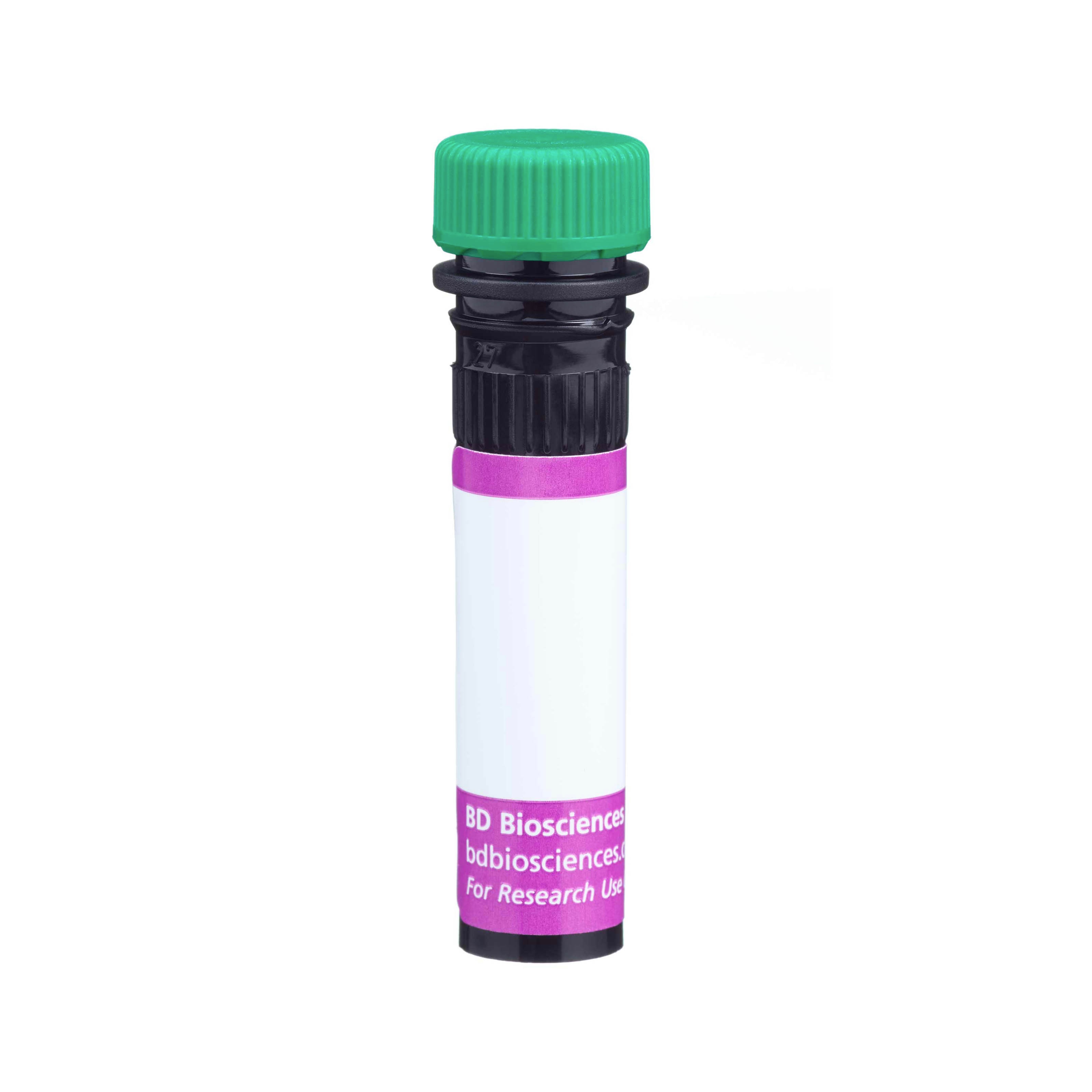-
Your selected country is
Middle East / Africa
- Change country/language
Old Browser
This page has been recently translated and is available in French now.
Looks like you're visiting us from {countryName}.
Would you like to stay on the current country site or be switched to your country?


Regulatory Status Legend
Any use of products other than the permitted use without the express written authorization of Becton, Dickinson and Company is strictly prohibited.
Preparation And Storage
Recommended Assay Procedures
For optimal and reproducible results, BD Horizon Brilliant Stain Buffer should be used anytime two or more BD Horizon Brilliant dyes (including BD OptiBuild Brilliant reagents) are used in the same experiment. Fluorescent dye interactions may cause staining artifacts which may affect data interpretation. The BD Horizon Brilliant Stain Buffer was designed to minimize these interactions. More information can be found in the Technical Data Sheet of the BD Horizon Brilliant Stain Buffer (Cat. No. 563794).
Product Notices
- This antibody was developed for use in flow cytometry.
- The production process underwent stringent testing and validation to assure that it generates a high-quality conjugate with consistent performance and specific binding activity. However, verification testing has not been performed on all conjugate lots.
- Researchers should determine the optimal concentration of this reagent for their individual applications.
- An isotype control should be used at the same concentration as the antibody of interest.
- Caution: Sodium azide yields highly toxic hydrazoic acid under acidic conditions. Dilute azide compounds in running water before discarding to avoid accumulation of potentially explosive deposits in plumbing.
- For fluorochrome spectra and suitable instrument settings, please refer to our Multicolor Flow Cytometry web page at www.bdbiosciences.com/colors.
- Please refer to www.bdbiosciences.com/us/s/resources for technical protocols.
- BD Horizon Brilliant Stain Buffer is covered by one or more of the following US patents: 8,110,673; 8,158,444; 8,575,303; 8,354,239.
- BD Horizon Brilliant Violet 510 is covered by one or more of the following US patents: 8,575,303; 8,354,239.
Companion Products






The 159227 monoclonal antibody specifically recognizes MHC class I polypeptide-related sequence A (MICA) which is also known as MIC-A, MHC class I chain-related protein A, or stress inducible class I homolog. This ~70 kDa single-pass type I transmembrane glycoprotein is encoded by MICA (major histocompatibility complex class I chain-related gene A) which is a highly polymorphic gene. MICA is very homologous to another protein, MICB. Both MICA and MICB are homologous to major histocompatibility complex (MHC) class I molecules although they lack association with β2 microglobulin. MICA and MICB each contain three extracellular Ig domains but have no capacity to bind peptides. MICA is expressed on some gut epithelial cells. Its expression by other epithelial cells and cell types, including fibroblasts and endothelial cells, is induced by stress, eg, stress caused by bacterial and viral infections, autoimmunity, transplantation rejection, or cellular transformation. MICA and MICB are ligands for NKG2D (CD314), an activating receptor expressed by natural killer (NK) cells, γδ T cells, CD8+ αβ T cells, and some CD4+ αβ T cells.
The antibody was conjugated to BD Horizon™ BV510 which is part of the BD Horizon Brilliant™ Violet family of dyes. With an Ex Max of 405-nm and Em Max at 510-nm, BD Horizon BV510 can be excited by the violet laser and detected in the BD Horizon V500 (525/50-nm) filter set. BD Horizon BV510 conjugates are useful for the detection of dim markers off the violet laser.

Development References (3)
-
Gómez-Lomelí P, Bravo-Cuellar A, Hernández-Flores G, et al. Increase of IFN-γ and TNF-α production in CD107a + NK-92 cells co-cultured with cervical cancer cell lines pre-treated with the HO-1 inhibitor.. Cancer Cell Int. 2014; 14(1):100. (Clone-specific: Flow cytometry). View Reference
-
Niu C, Jin H, Li M, et al. Low-dose bortezomib increases the expression of NKG2D and DNAM-1 ligands and enhances induced NK and γδ T cell-mediated lysis in multiple myeloma.. Oncotarget. 2017; 8(4):5954-5964. (Clone-specific: Flow cytometry). View Reference
-
Robinet P, Baychelier F, Fontaine T, et al. A polysaccharide virulence factor of a human fungal pathogen induces neutrophil apoptosis via NK cells.. J Immunol. 2014; 192(11):5332-42. (Clone-specific: Flow cytometry). View Reference
Please refer to Support Documents for Quality Certificates
Global - Refer to manufacturer's instructions for use and related User Manuals and Technical data sheets before using this products as described
Comparisons, where applicable, are made against older BD Technology, manual methods or are general performance claims. Comparisons are not made against non-BD technologies, unless otherwise noted.
For Research Use Only. Not for use in diagnostic or therapeutic procedures.
Report a Site Issue
This form is intended to help us improve our website experience. For other support, please visit our Contact Us page.